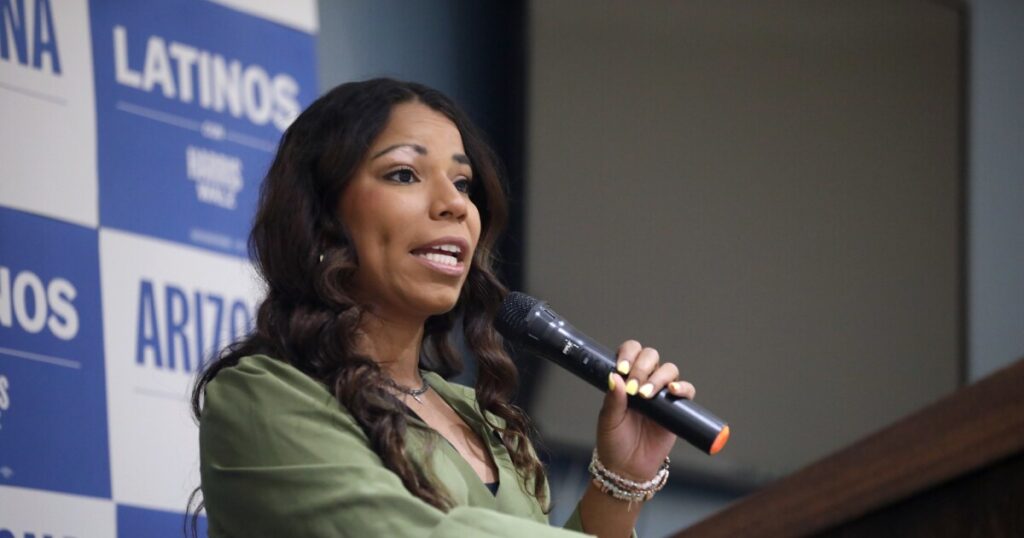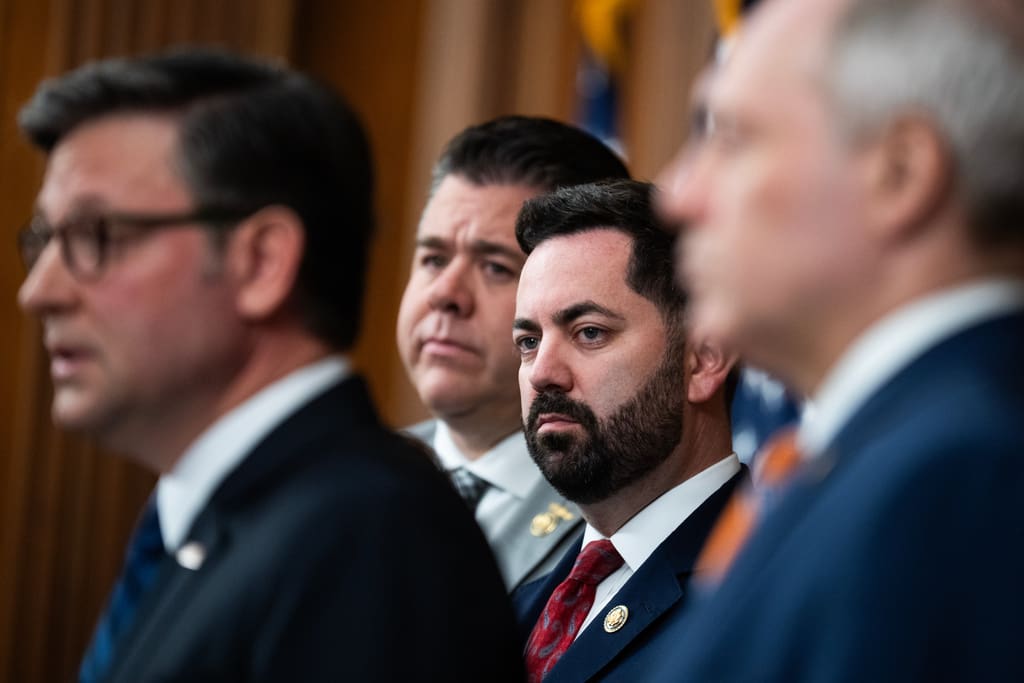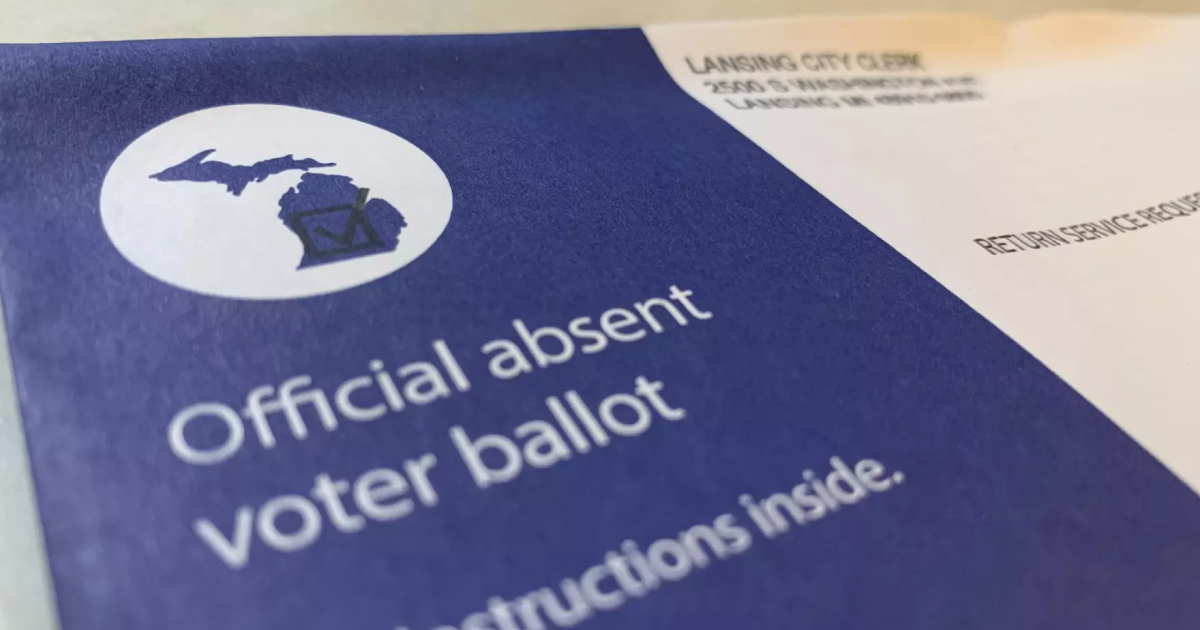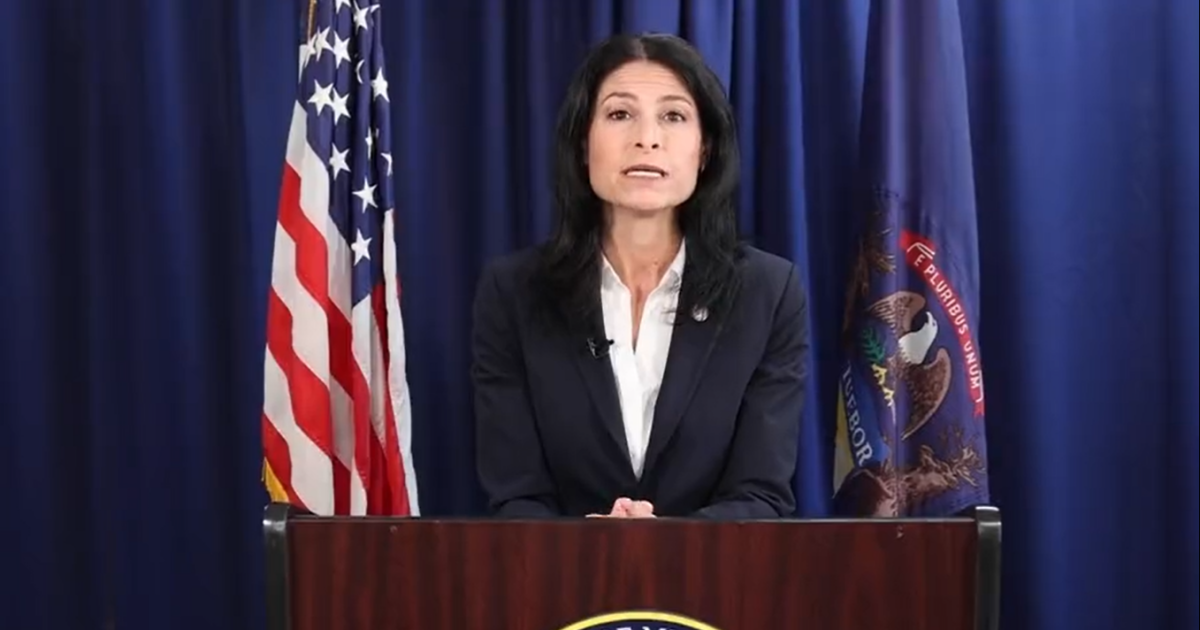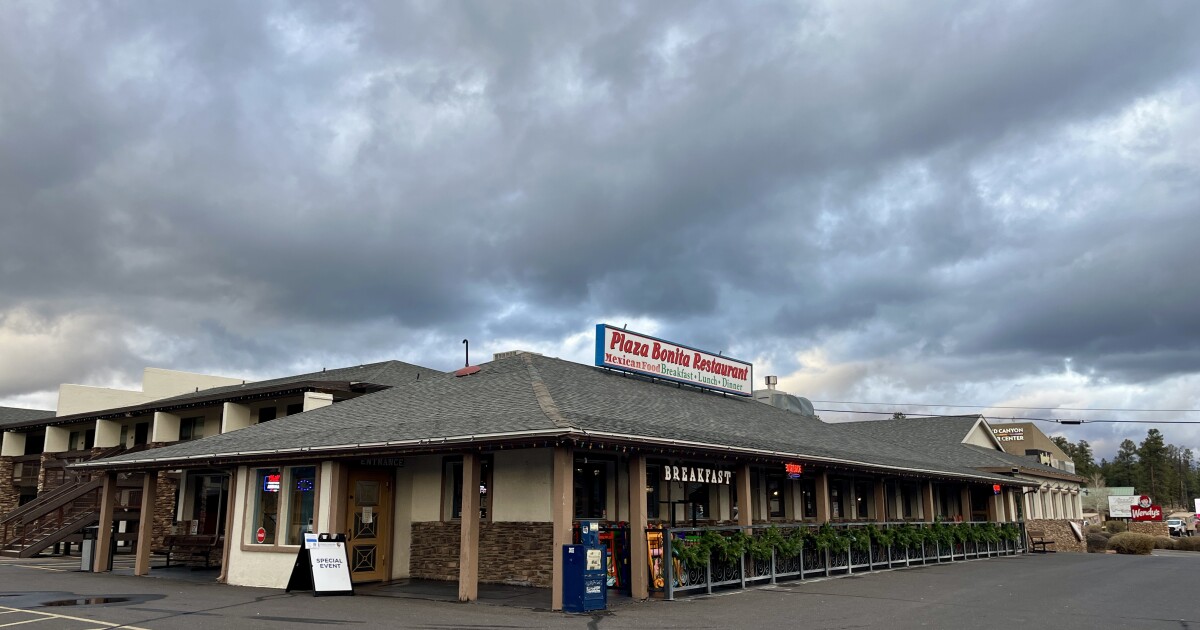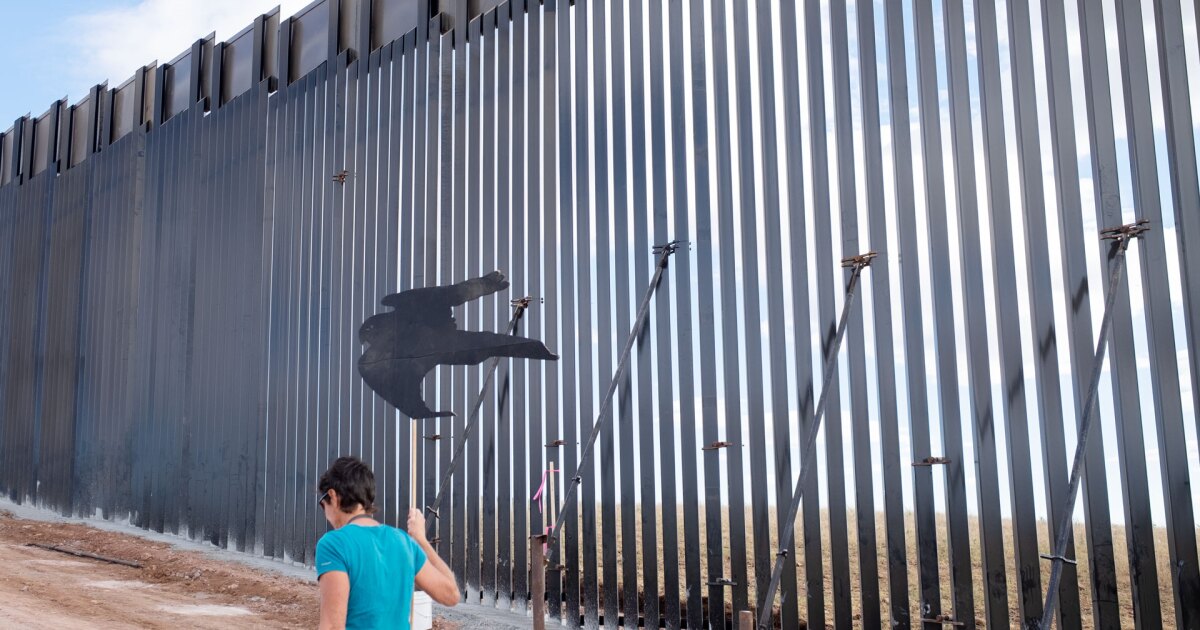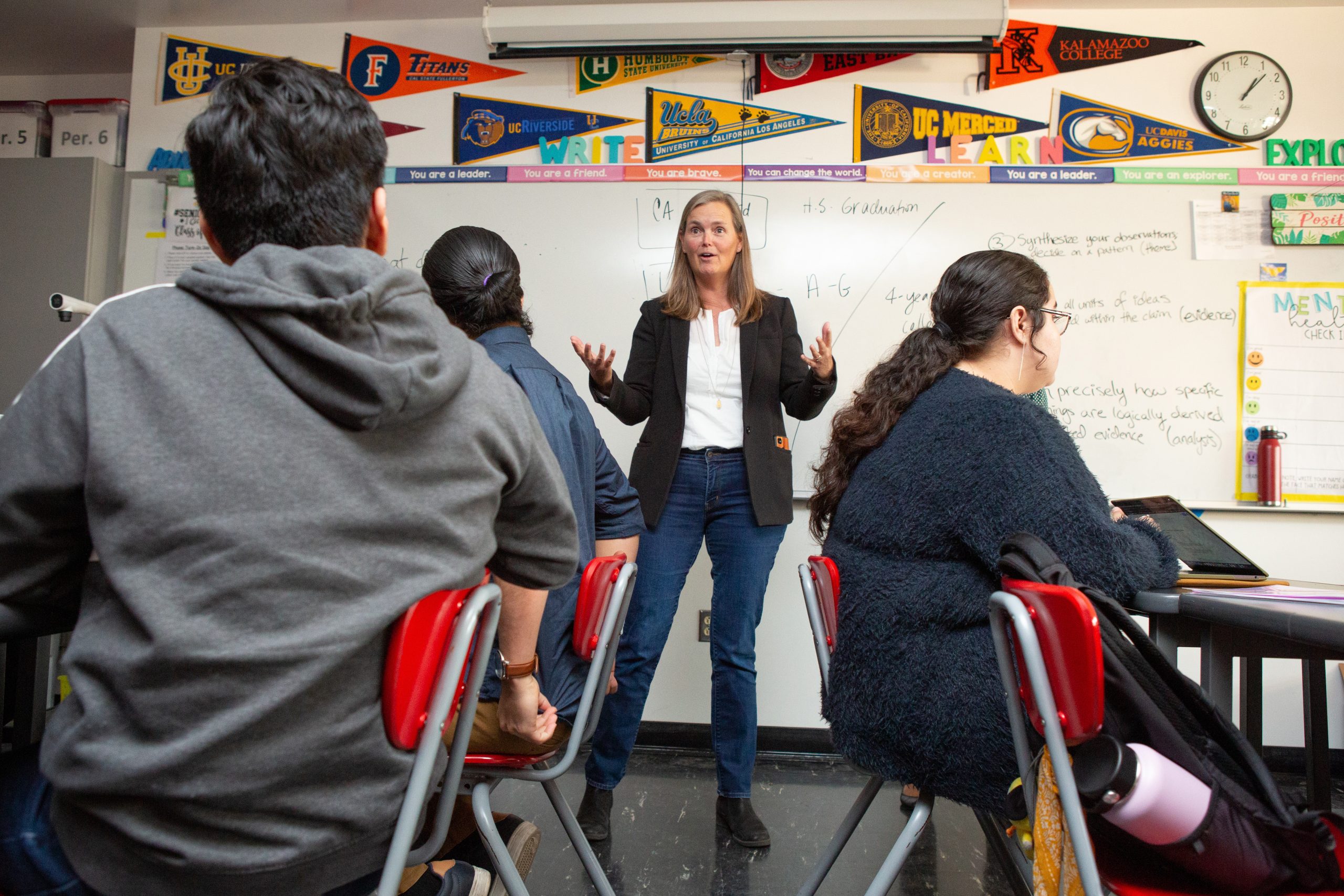Arizona state lawmaker Analise Ortiz’s recent social media post about immigration enforcement near a local school has ignited a political storm. The post, which drew attention to ICE activity, has sparked accusations, defenses, and legal debates among state officials, highlighting the complex intersection of free speech and law enforcement.
Ortiz, serving as a Democrat in the Arizona Senate, alerted her community about ICE operations, leading to backlash from Republican figures who claimed she was doxing immigration agents. Doxing is generally understood as the act of publishing private information online to incite harassment. Ortiz and her Democratic allies refuted these claims, insisting that her post contained no personal details about the agents involved.
“This is simply a community alert to make people aware of the way the government is acting in our communities in plain sight,” Ortiz explained during an interview with KJZZ’s The Show.
Legal and Political Reactions
Senate President Warren Petersen, a Republican from Gilbert, suggested that Ortiz’s actions might breach federal law and referred the matter to the U.S. attorney for further assessment. Meanwhile, Pinal County Attorney Brad Miller expressed willingness to conduct an investigation, should the Arizona Legislature require it. He offered his services on a conservative radio show, indicating his readiness to act as a special prosecutor.
Ortiz defended her post as protected by the First Amendment, likening it to traffic apps that warn drivers of upcoming speed traps. She argued that the investigation was politically motivated, designed to silence opposition. Miller countered that the warnings could obstruct ICE investigations, constituting a potential obstruction of justice.
Despite his comments, Miller clarified that he had not accused Ortiz of any crime but was advocating for an investigation to determine if any illegal activity had occurred. He acknowledged that speech related to criminal activities, or attempts to interfere with justice, falls outside First Amendment protections.
Jurisdictional Dispute Over Investigation
Attorney General Kris Mayes intervened, asserting that neither Miller nor the state Legislature had the jurisdiction to prosecute Ortiz, as her actions took place in Maricopa County. She questioned Miller’s authority to act as a special prosecutor, highlighting her supervisory role over county attorneys.
Miller responded by stating that his office routinely handles cases from other counties, including Maricopa County, due to potential conflicts of interest. The jurisdictional debate underscores the complexities of inter-county legal proceedings in Arizona.
Political Implications
Governor Katie Hobbs acknowledged Ortiz’s concerns but emphasized the potential for heightened tensions, referencing recent events in Los Angeles. She refrained from policing Ortiz’s social media activities, expressing a nuanced stance on the matter.
Criticism also extended to Petersen, whose legal qualifications were questioned by Mayes on social media. Petersen defended his call for an investigation, citing a significant rise in assaults against ICE officials as reported by the Department of Homeland Security. He clarified that Miller could potentially serve as a “special counsel” to the Arizona Senate, not as a special prosecutor, to examine whether Ortiz violated Senate rules.
Ortiz’s situation reflects a larger trend of political and ethical investigations within the Arizona Legislature, marked by recent expulsions and resignations of lawmakers from both parties. This ongoing saga highlights the contentious dynamics of Arizona’s political landscape.
—
Read More Arizona News

